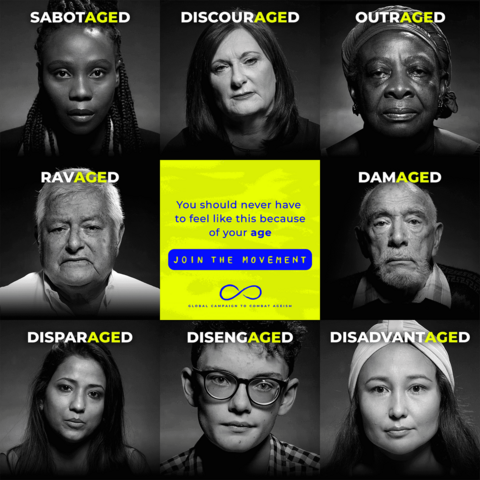Década del Envejecimiento Saludable en las Américas (2021-2030)
Área de acción I. Cambiar la forma en que pensamos, sentimos y actuamos hacia la edad y el envejecimiento
A pesar de todas las contribuciones y acciones que los adultos mayores han hecho a sus comunidades y familiares, todavía hay muchos estereotipos (cómo pensamos), prejuicios (cómo nos sentimos) y discriminación (cómo actuamos) hacia las personas en función de su edad. La discriminación contra la edad afecta a las personas de todas las edades, pero tiene efectos particularmente perjudiciales en la salud y el bienestar de las personas mayores.


